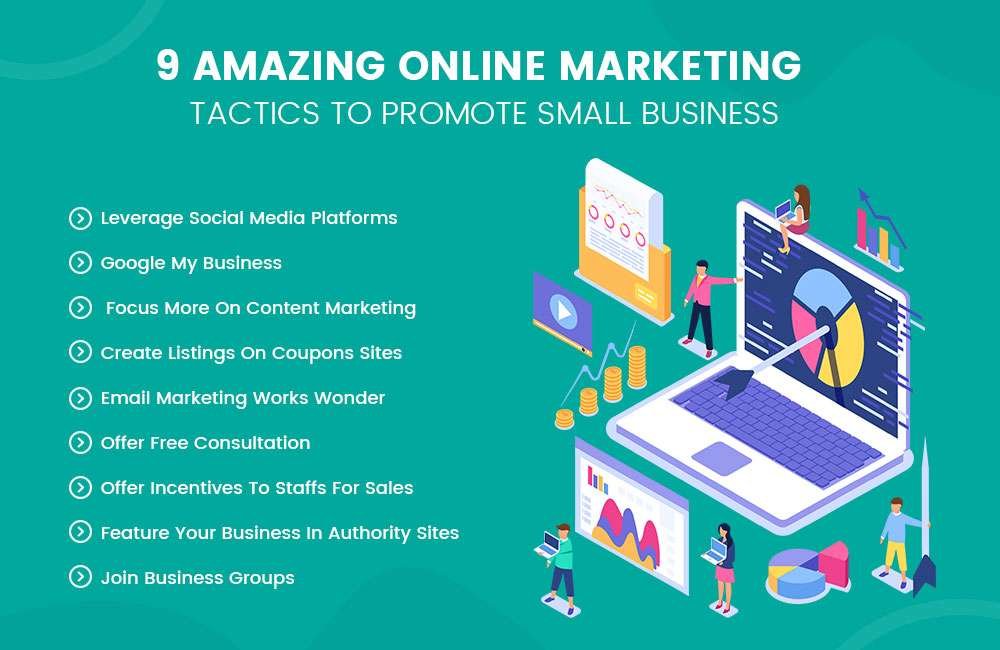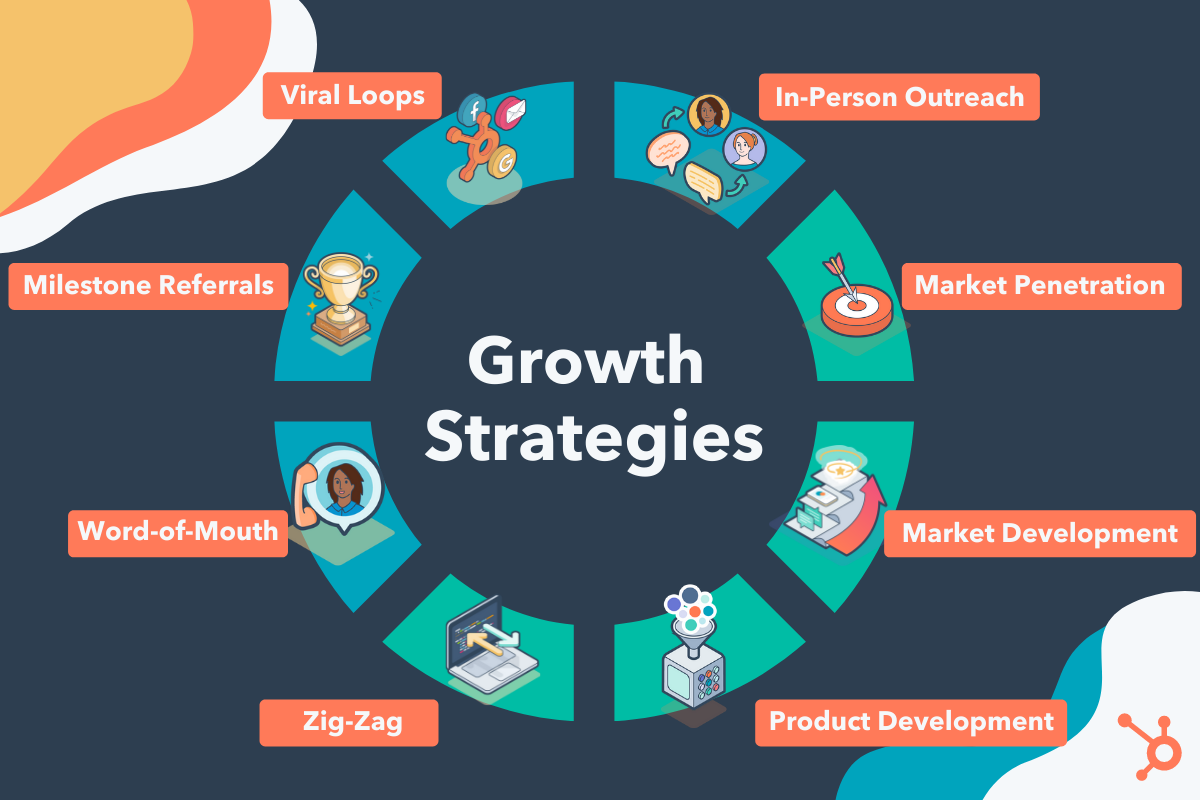
In the digital age, small businesses can no longer afford to ignore the power of digital marketing. Imagine you're a small shop owner, tucked away in a charming alley. You have the best products in town, but if people don't know you exist, how will they ever find you? The same principle applies to the online world. Without effective digital marketing strategies for small businesses, you're missing out on a vast marketplace teeming with potential customers. Let's dive in and explore how you can boost your web presence and drive small business growth.
Understanding Digital Marketing: Why It Matters
Digital marketing is more than just having a website or posting on social media. It's about creating a cohesive online marketing strategy that reaches your target audience effectively. According to a study by Deloitte, digital interactions influence 56 cents of every dollar spent in brick-and-mortar stores. This underscores the importance of a strong digital presence.
Key Digital Marketing Strategies for Small Businesses
1. Search Engine Optimization (SEO)
SEO is the backbone of any digital marketing strategy. It's like the roadmap that guides potential customers to your doorstep. By optimizing your website with relevant keywords, high-quality content, and technical SEO practices, you can improve your search engine rankings and drive organic traffic. Tools like Google Search Console and SEMrush can help you track your progress and make necessary adjustments.
2. Content Marketing
Content is king in the digital realm. Think of it as the bait that attracts and engages your audience. Whether it's blog posts, videos, or infographics, creating valuable content can establish your brand as an authority in your industry. Regularly updating your blog with SEO-friendly articles can also boost your search engine rankings.
3. Social Media Marketing
Social media platforms are the digital equivalent of town squares. They're where people gather, share, and discover new things. Platforms like Facebook, Instagram, and LinkedIn offer powerful tools for small businesses to engage with their audience and promote their products or services. The key is to choose the right platform for your target demographic and create a consistent posting schedule.
4. Email Marketing
Email marketing is like the old-fashioned letter, but with a modern twist. It allows you to maintain a direct line of communication with your customers. By segmenting your email list and tailoring your messages to different groups, you can increase engagement and drive conversions. Tools like Mailchimp and Constant Contact make it easy to manage and automate your email campaigns.
5. Pay-Per-Click (PPC) Advertising
PPC advertising is akin to placing a billboard on the digital highway. It allows you to target specific keywords and demographics, ensuring your ads reach the right people at the right time. Platforms like Google Ads and Facebook Ads offer robust targeting options and analytics to help you optimize your campaigns.
Leveraging Multiple Marketing Channels
A well-rounded digital marketing strategy involves leveraging multiple marketing channels. Just as a symphony orchestra combines different instruments to create a harmonious melody, combining SEO, content marketing, social media, email marketing, and PPC advertising can amplify your online presence and drive small business growth.

Building a Strong Web Presence
A strong web presence is the foundation of any successful digital marketing strategy. It's like the storefront that welcomes customers and showcases your products. Here are some tips to enhance your web presence:
1. User-Friendly Website Design
Your website should be easy to navigate, visually appealing, and mobile-friendly. A well-designed website not only improves user experience but also boosts your search engine rankings.
2. Fast Loading Speed
Slow-loading websites can frustrate users and lead to high bounce rates. Optimizing your website's loading speed can improve user experience and search engine rankings.
3. Secure Website
Ensuring your website is secure with HTTPS encryption can build trust with users and improve your search engine rankings.
Measuring Success: Analytics and Metrics
Just as a captain uses a compass to navigate the seas, digital marketing requires analytics and metrics to measure success. Tools like Google Analytics can provide valuable insights into your website's performance, user behavior, and campaign effectiveness. Regularly reviewing these metrics can help you make data-driven decisions and optimize your digital marketing strategies.

Conclusion: Embrace Digital Marketing for Small Business Growth
In today's digital landscape, small businesses have unprecedented opportunities to reach a global audience. By implementing effective digital marketing strategies, you can enhance your web presence, engage with your target audience, and drive small business growth. Remember, digital marketing is not a one-size-fits-all solution. It requires a tailored approach that aligns with your business goals and target audience.
So, are you ready to take your small business to the next level? Embrace digital marketing and watch your business thrive in the digital age.
FAQs
1. What is the most effective digital marketing strategy for small businesses?
The most effective digital marketing strategy for small businesses depends on your target audience and business goals. However, a combination of SEO, content marketing, social media marketing, email marketing, and PPC advertising can yield significant results.
2. How can I improve my website's SEO?
Improving your website's SEO involves optimizing your content with relevant keywords, creating high-quality content, ensuring your website is mobile-friendly, and implementing technical SEO practices like optimizing meta tags and improving site speed.
3. What are the best social media platforms for small businesses?
The best social media platforms for small businesses depend on your target audience. Facebook, Instagram, and LinkedIn are popular choices. Facebook is great for reaching a broad audience, Instagram is ideal for visual content, and LinkedIn is perfect for B2B marketing.
4. How can I measure the success of my digital marketing campaigns?
You can measure the success of your digital marketing campaigns using analytics tools like Google Analytics. Key metrics to track include website traffic, engagement rates, conversion rates, and return on investment (ROI).
5. How much should I invest in digital marketing?
The amount you should invest in digital marketing depends on your business goals and budget. However, it's important to allocate a portion of your marketing budget to digital channels, as they offer a high return on investment and are essential for reaching a modern audience.
Posting Komentar